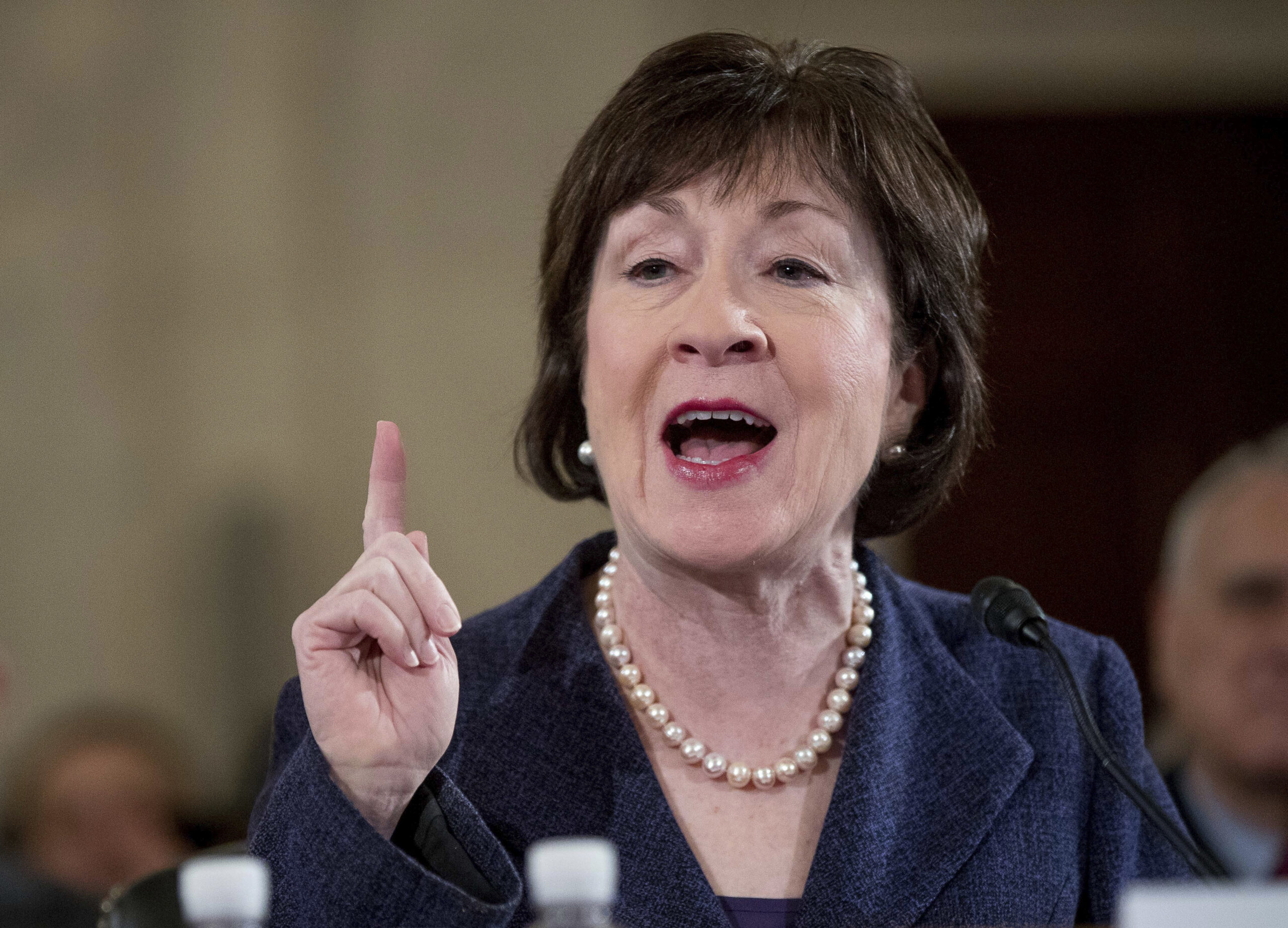Senate Republicans are determined to pass some form of health care legislation, with reports indicating that major compromises are at the very least being considered to achieve that goal.
One possibility is that the new bill will repeal its tax on high-income Americans, according to a report by Bloomberg. Both Sens. Susan Collins of Maine and Mike Rounds of South Dakota have criticized the bill for repealing a tax on net investment income that was imposed by the Affordable Care Act, which they argue looks bad considering that the bill reduces subsidies that benefit low-income Americans. Sen. Bob Corker of Tennessee has also said that he’s uncomfortable with the current bill’s tax plans.
The tax cut in question would apply to a 3.8 percent tax on net investment income for people who earn more than $200,000 and couples who earn more than $250,000, which the Congressional Budget Office estimates will cost the government roughly $172 billion over the next decade.
“I do not see a justification for doing away with the 3.8 percent tax on investment income, because that is not something that increases the cost of health care,” Collins told Bloomberg. “So I distinguish between those tax increases that were part of Obamacare that increase premiums and the cost of health care versus those that do not.”
Collins has been particularly outspoken about the bill’s flaws. One report says that she commented that she had “fundamental concerns with the bill” and “it would take a pretty major overhaul” for her to support it. Another report quoted her as saying that “tinkering” wouldn’t be enough to allay her concerns.
Her position is that the bill would need to have a “real impact” on both Medicaid recipients and the total number of insured people.


